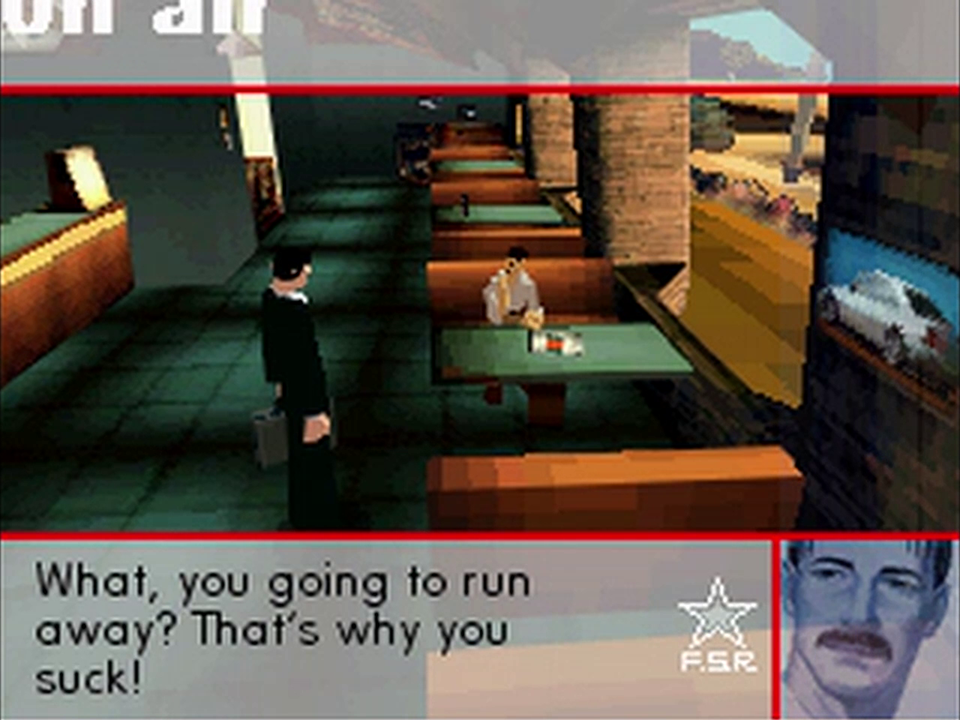
ELBOW did not, apparently, attempt to encode a given personality into the Euro Maspro children. Although victims in a similar manner to the Shelter Kids, they are not Kamui/Ayame per se. The way minds transfer between the Euro Maspro “stock bodies” presents the possibility that Kamui and Ayame are not literal ghosts but are a set of memories or sensations transferring between minds that underwent the conditioning of the Shelter Kids Policy. If so, returning to the metaphor of The Silver Case, the existence of the Kamui and Ayame Maspros is a rejection of the biological basis Sundance implies, as it is possible to socially condition this ability.
The Kamui of Flower, Sun, and Rain, then, does not contradict The Silver Case. Instead, it enhances the neoliberal reading in multiple ways. Uehara’s association with indigeneity adds a colonial dimension to his story and the operations of ELBOW, which is genocidal and steals its power from other cultures. They destroy the Sundance tribe and steal their land, creating an idyllic false paradise where TRO/CCO Chairman Kai Daizaburo spends his time insulting people and smoking on top of the corpses of the lost past.

Like neoliberalism, the Maspro model harms even more children than it initially seemed despite the wasted human potential and failure the project continues to produce: the ending states that the architects disband ELBOW but prepare for the “Next Maspro,” perhaps the 25th Ward. Uehara being cast as a man from a colonized indigenous community emphasizes meaning present in The Silver Case: the name “Kamui,” derived from Ainu language, already implies his power may predate and does not emerge from the modern Japanese culture whose young are fascinated with him and whose old men fear and covet him. The power for change, revitalization, and light comes from outside the darkness of the police state. There is no escape, no alternative, on modern capitalism’s own terms. Though Flower, Sun, and Rain continues to avoid articulating what an alternative might be.
Tokio continues to “kill the past,” uncovering the secrets of the island, and Yuuri and Seiji are able to lead happy lives of self-actualization. For them, and for Sumio and Kusabi, the new millennium is indeed one of light.

But this is 2001. Beginning in killer7 in 2005 (2010 and 2011 in the story), subsequent Kamuis substantially change the meaning of the character/concept.